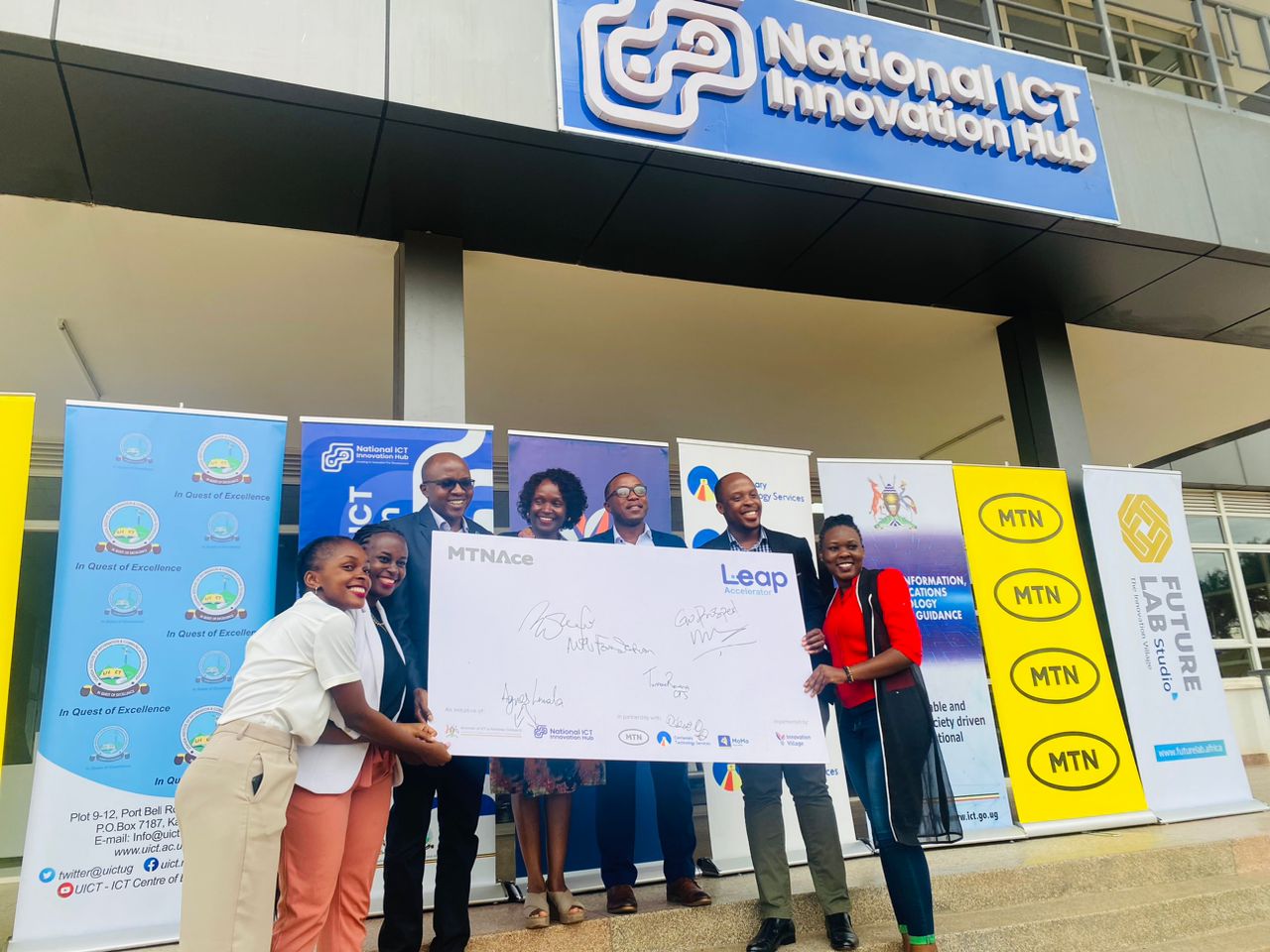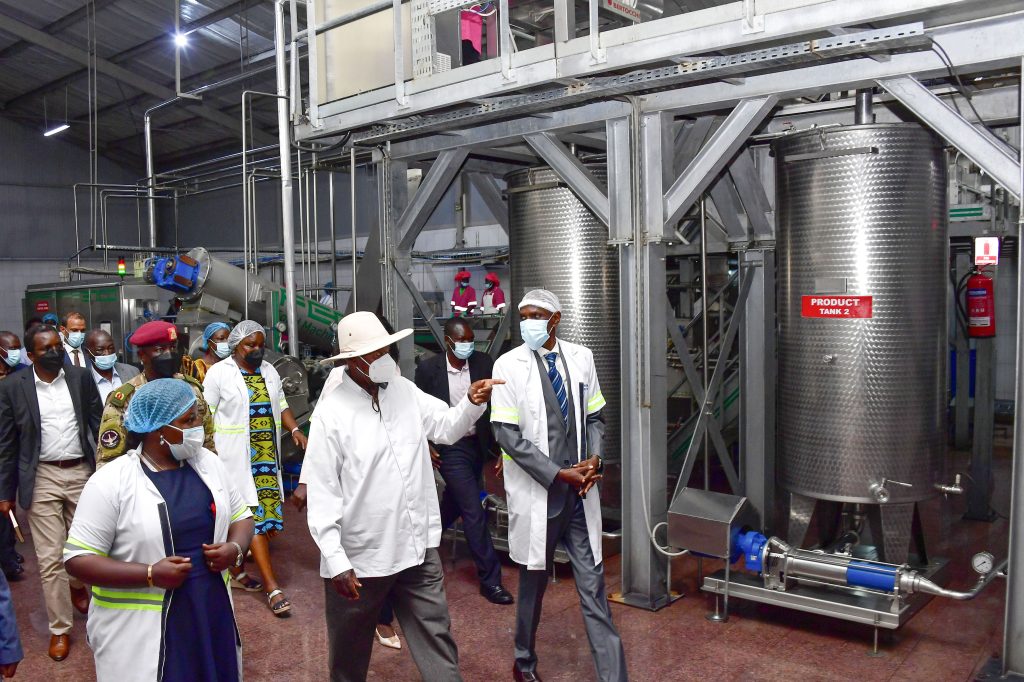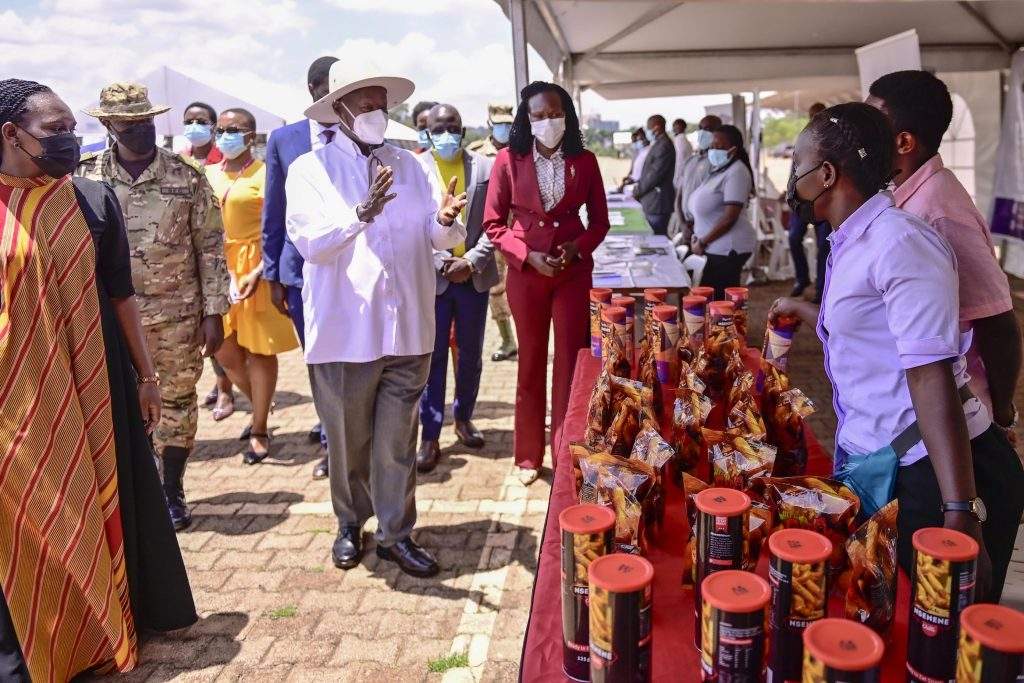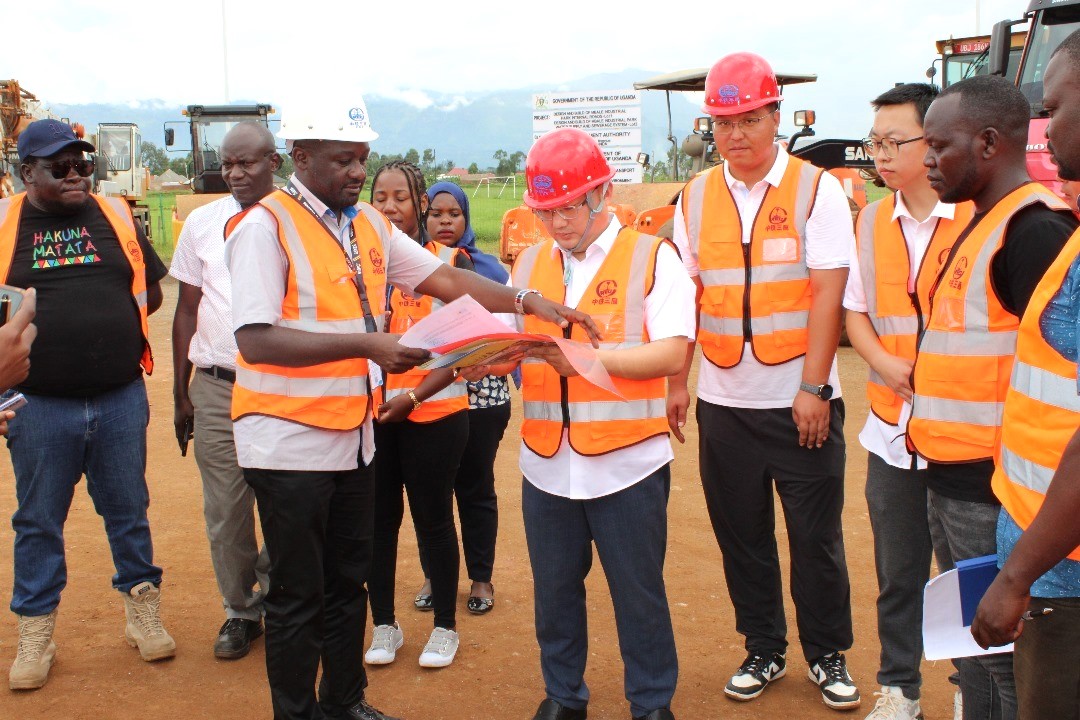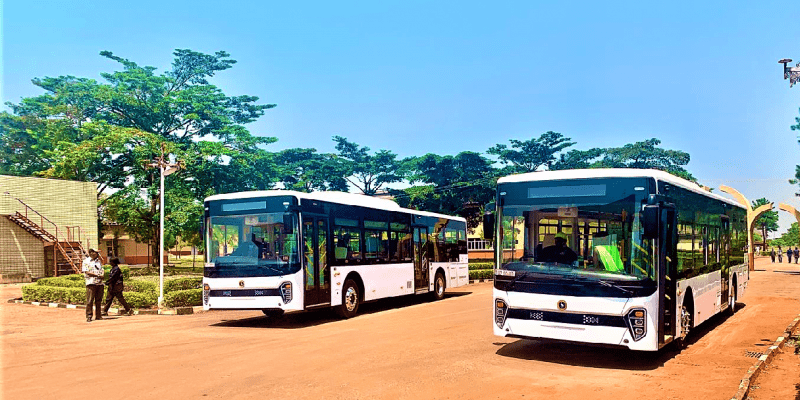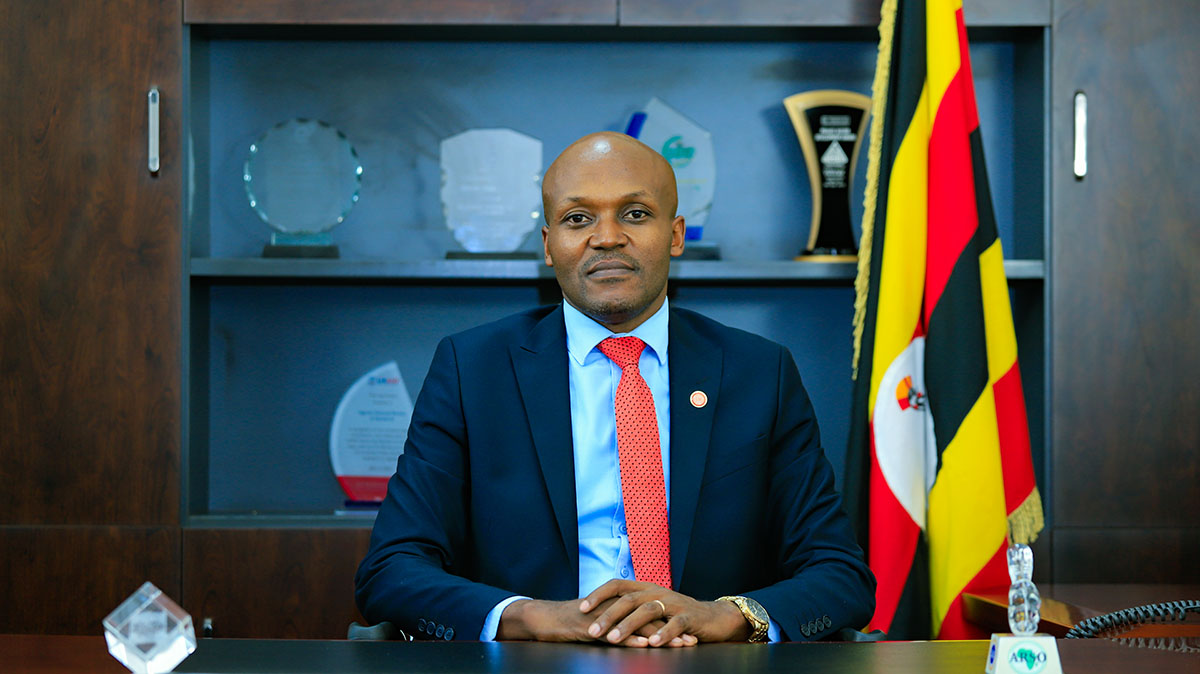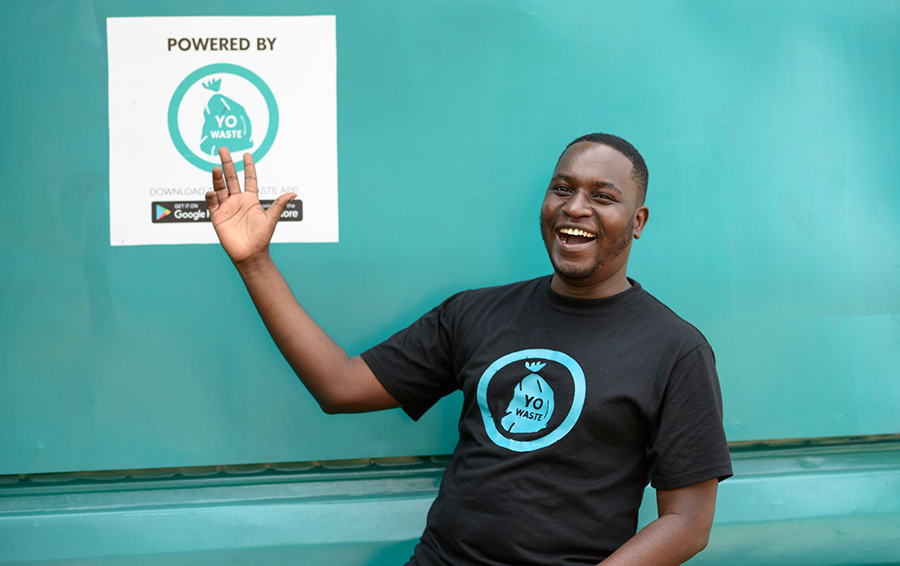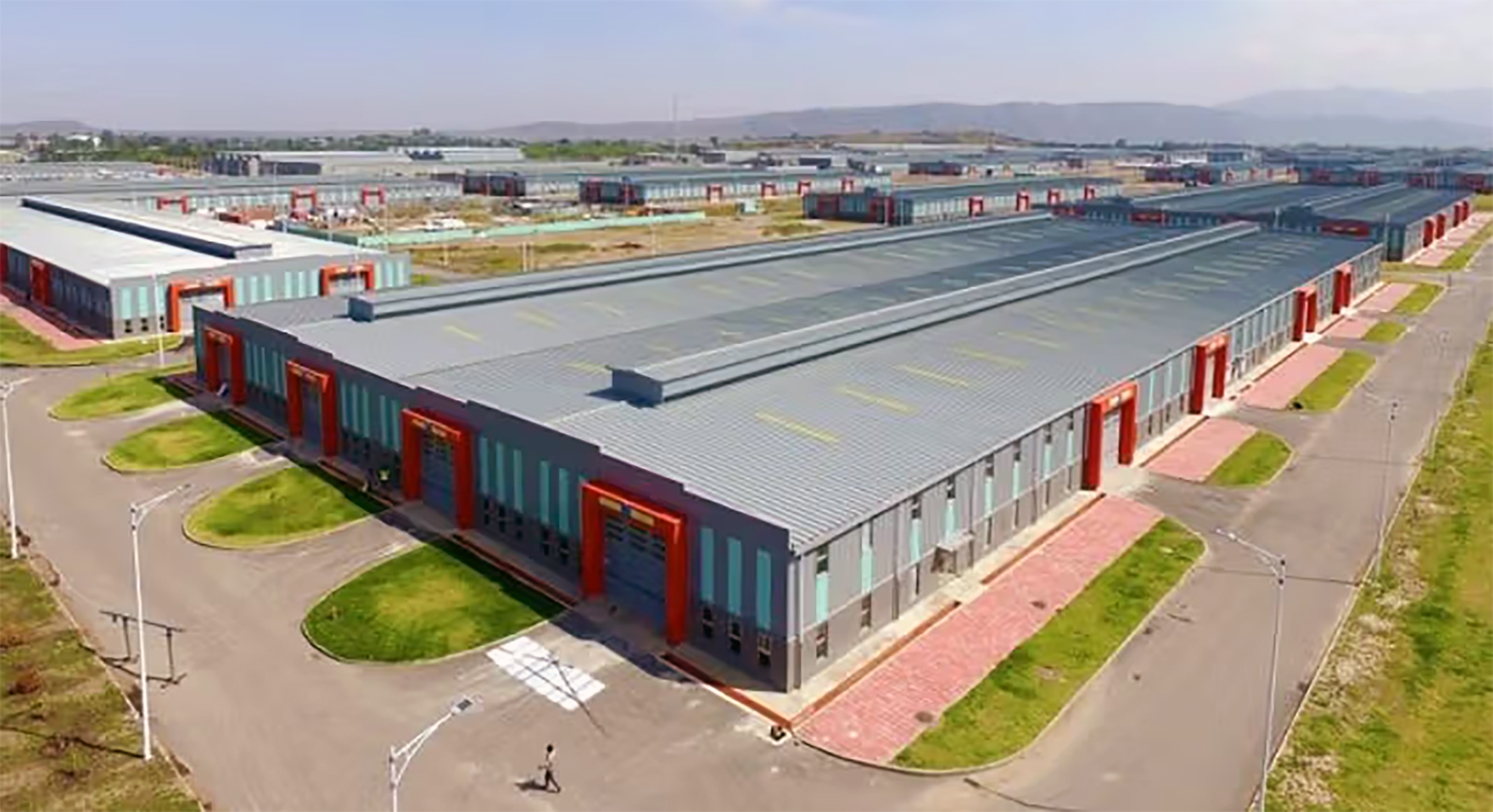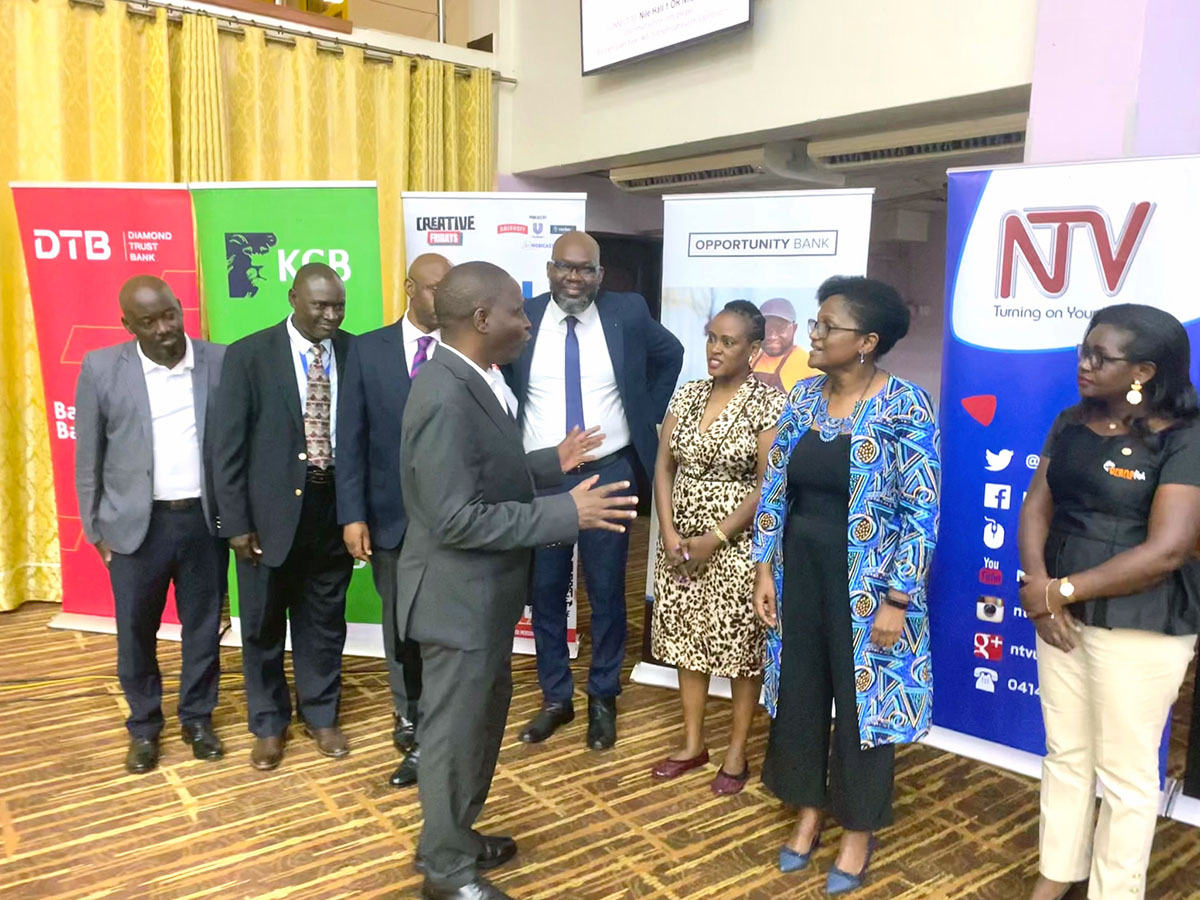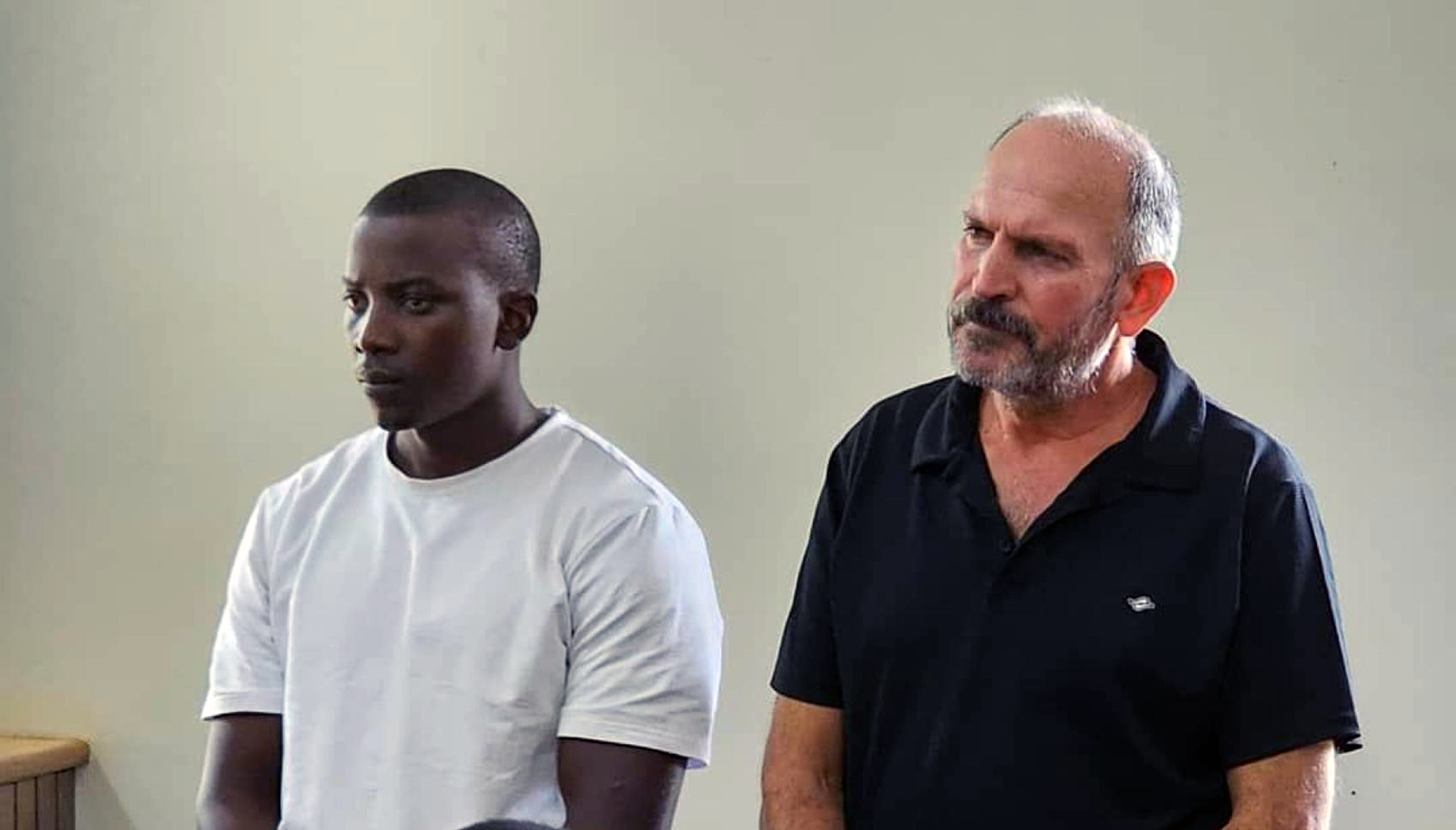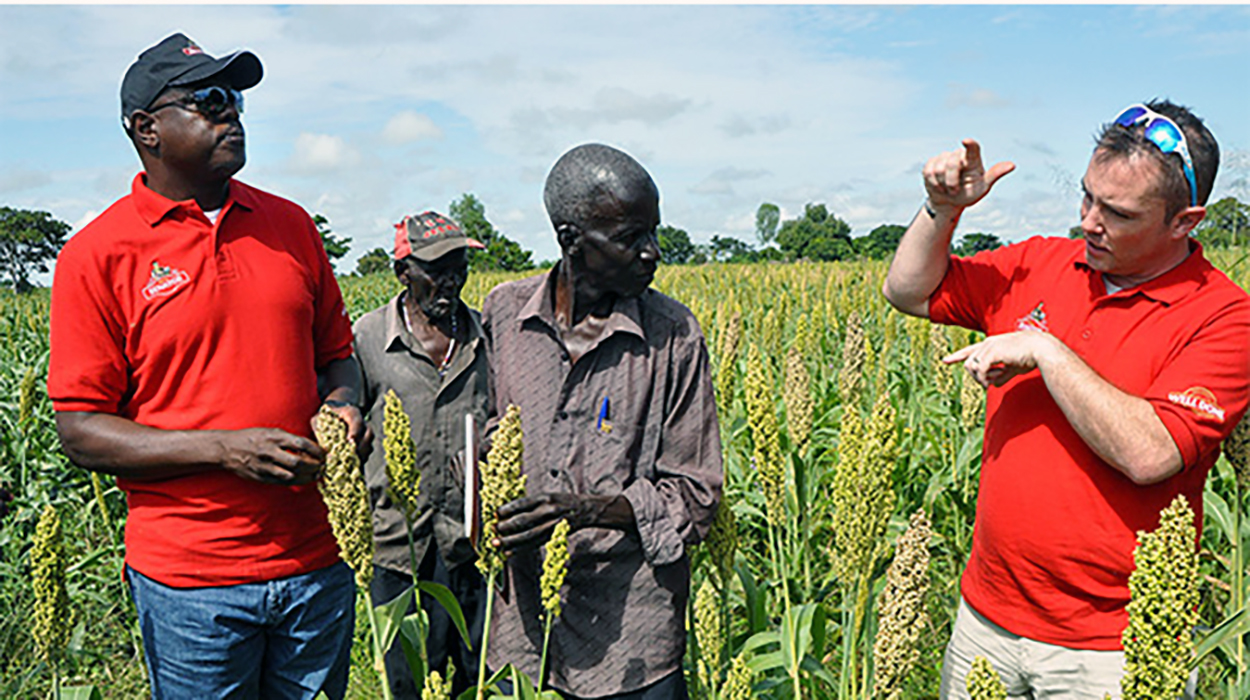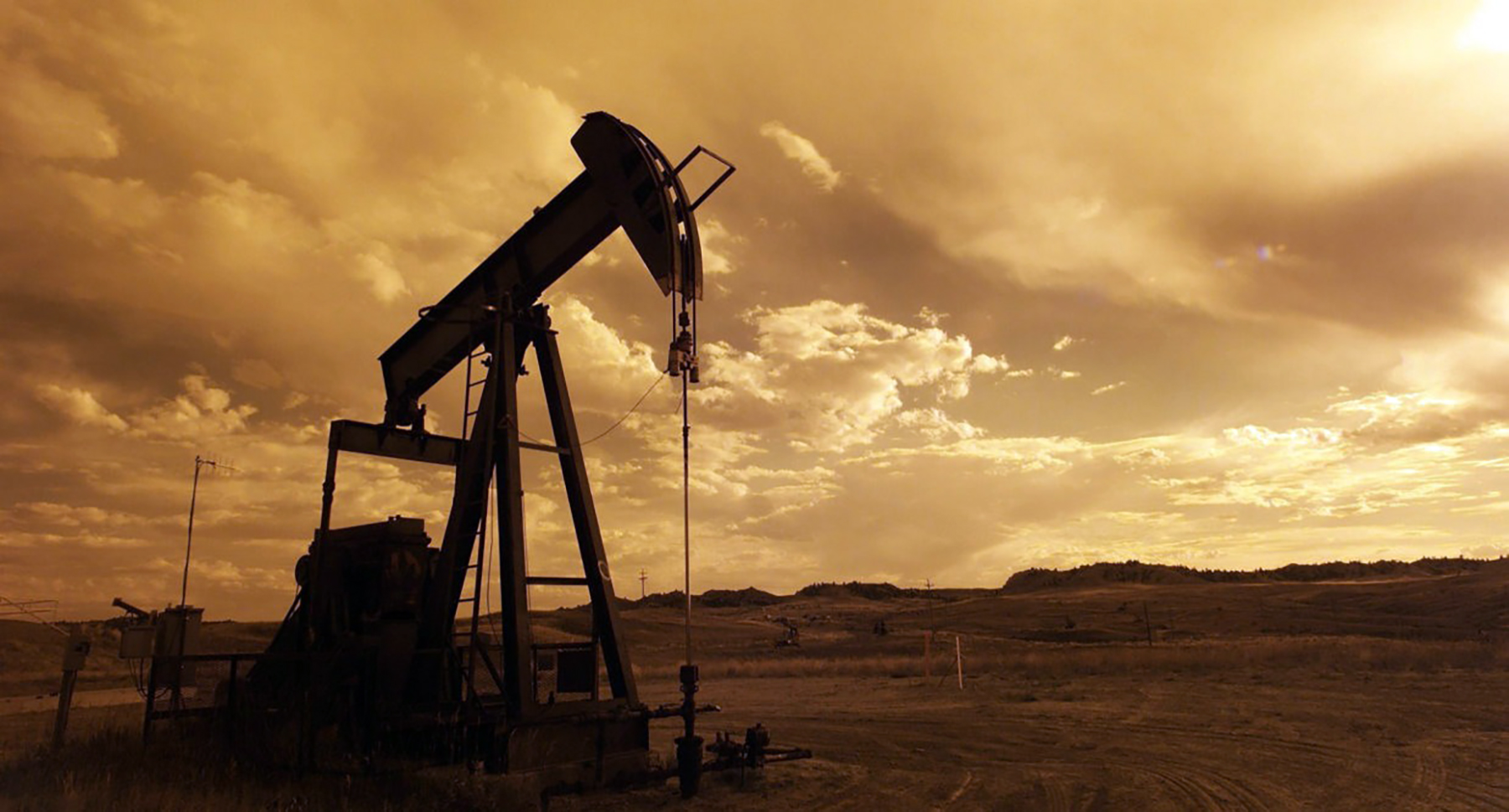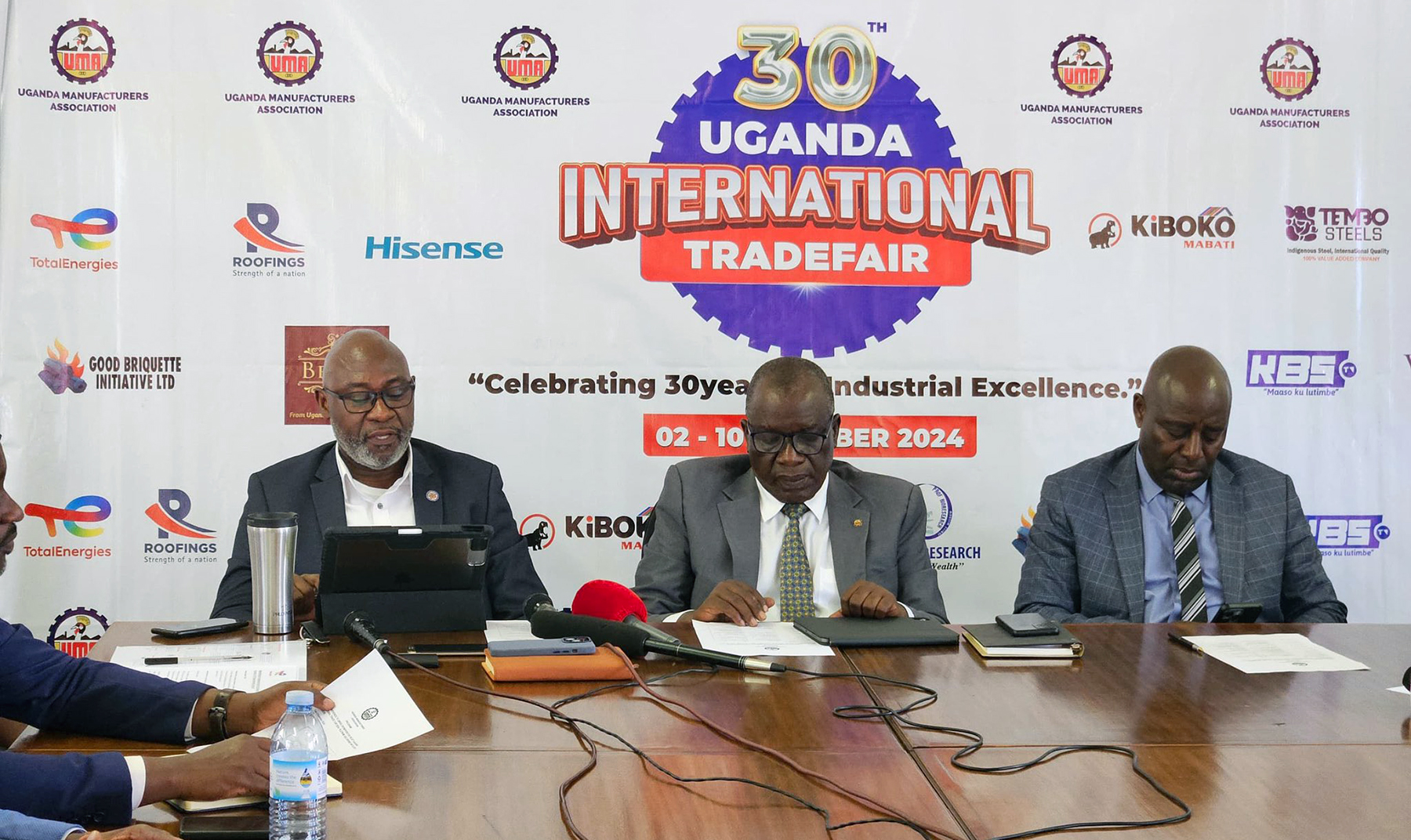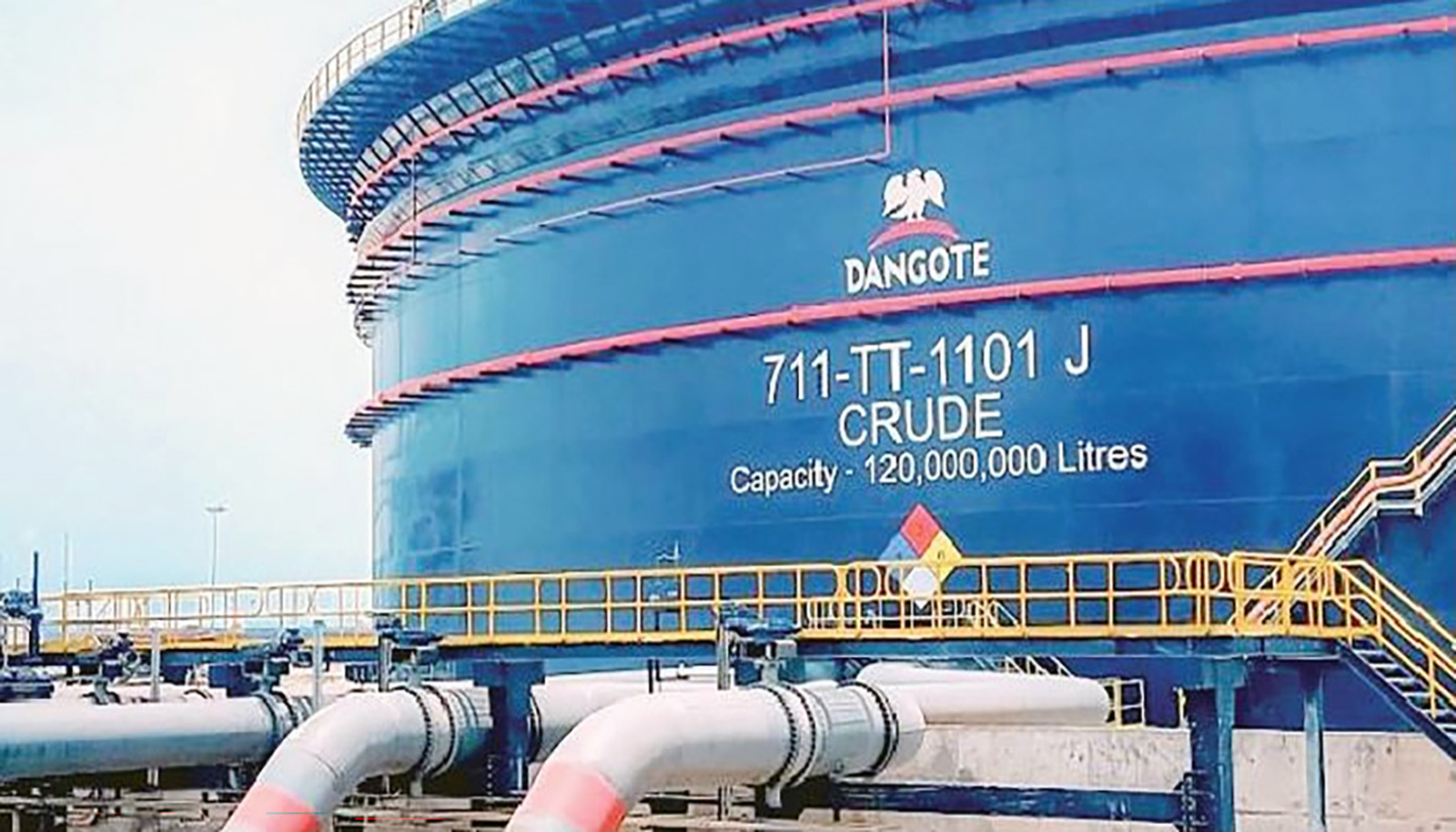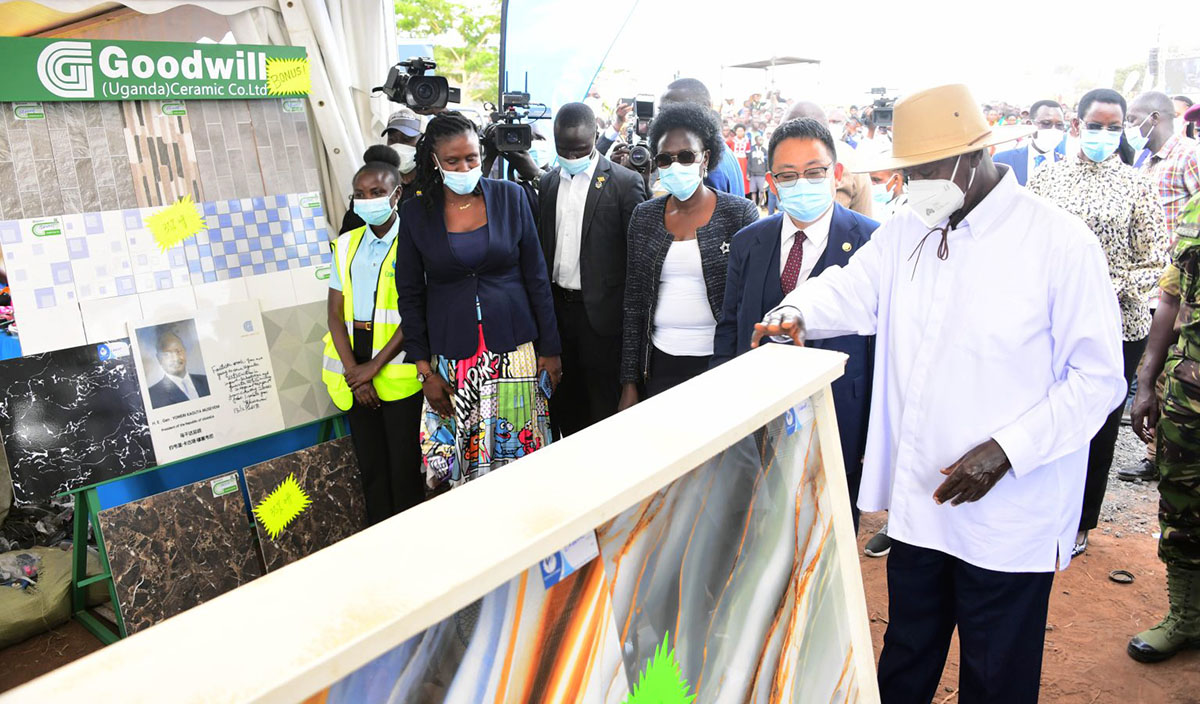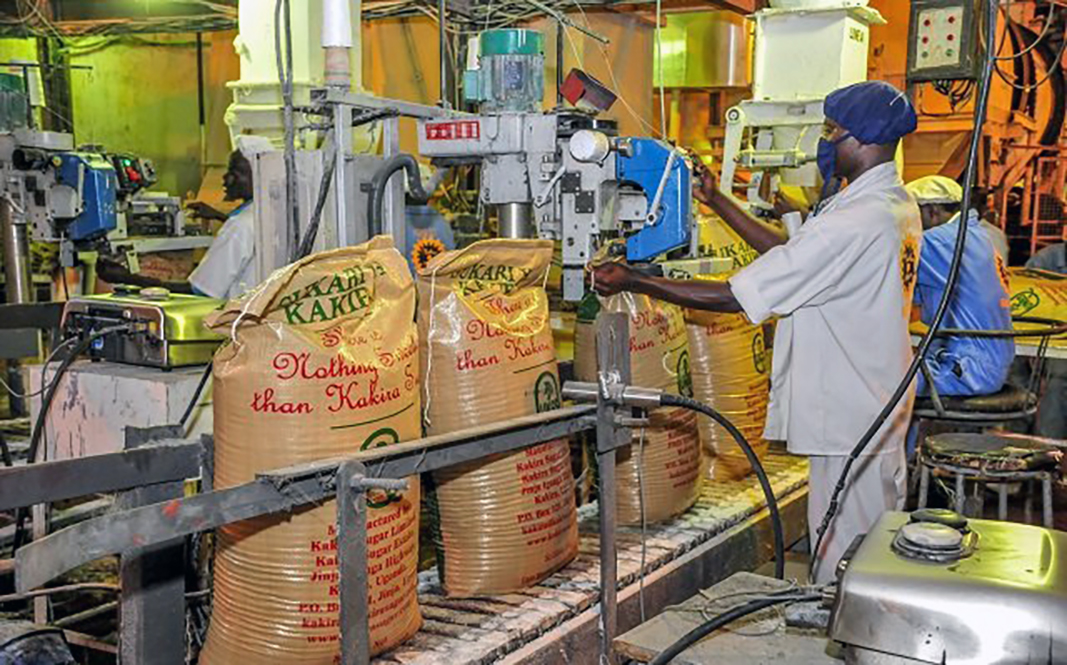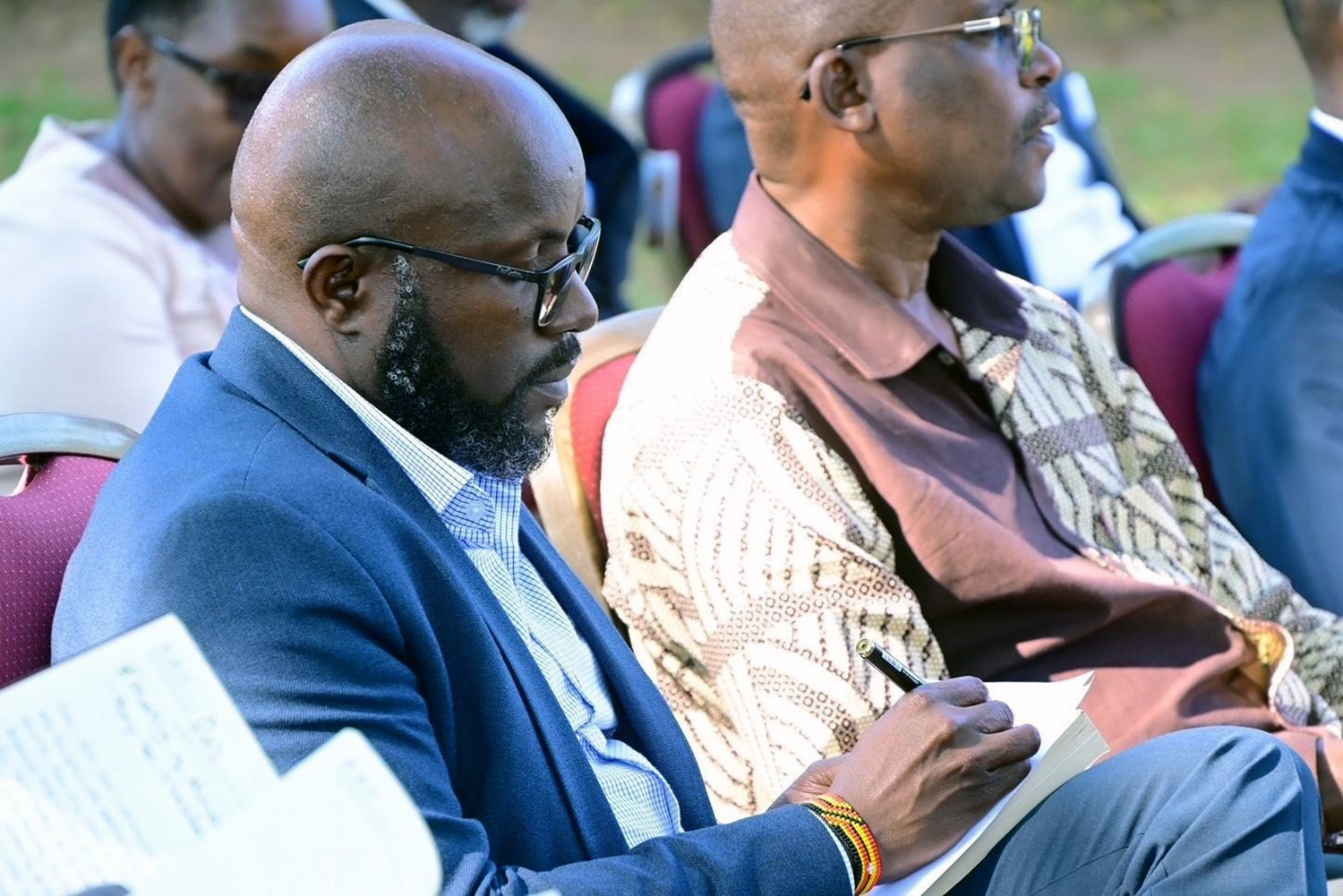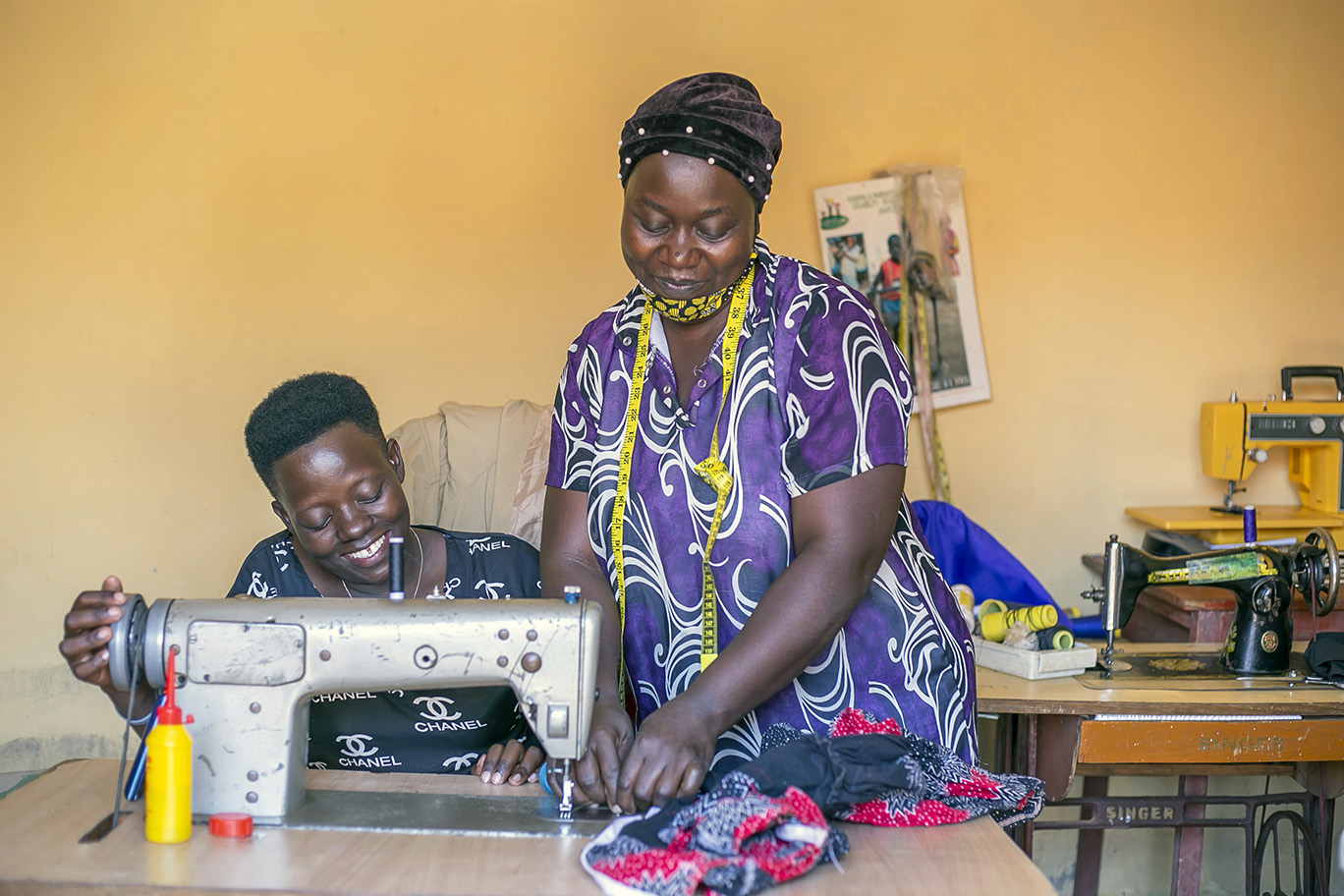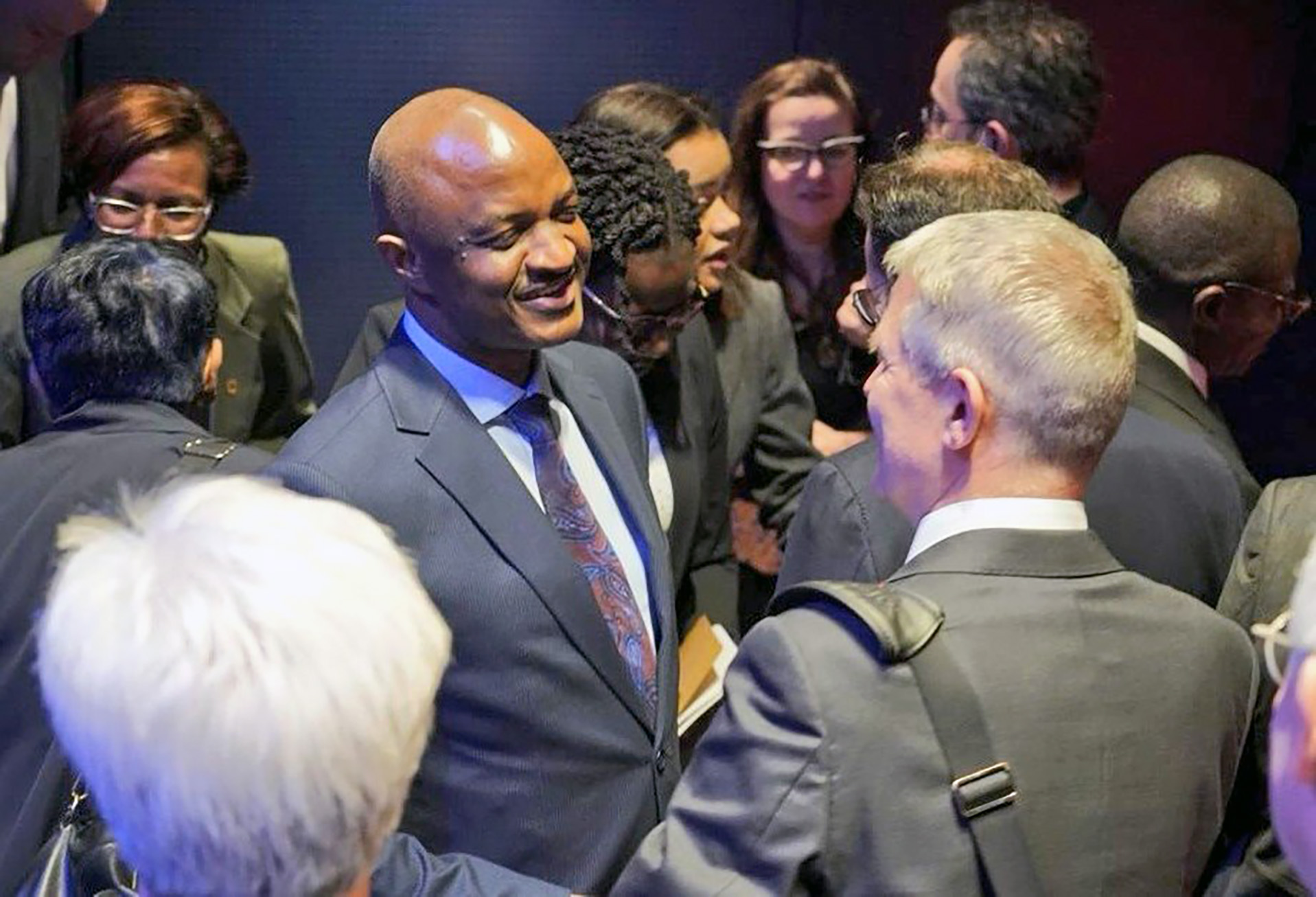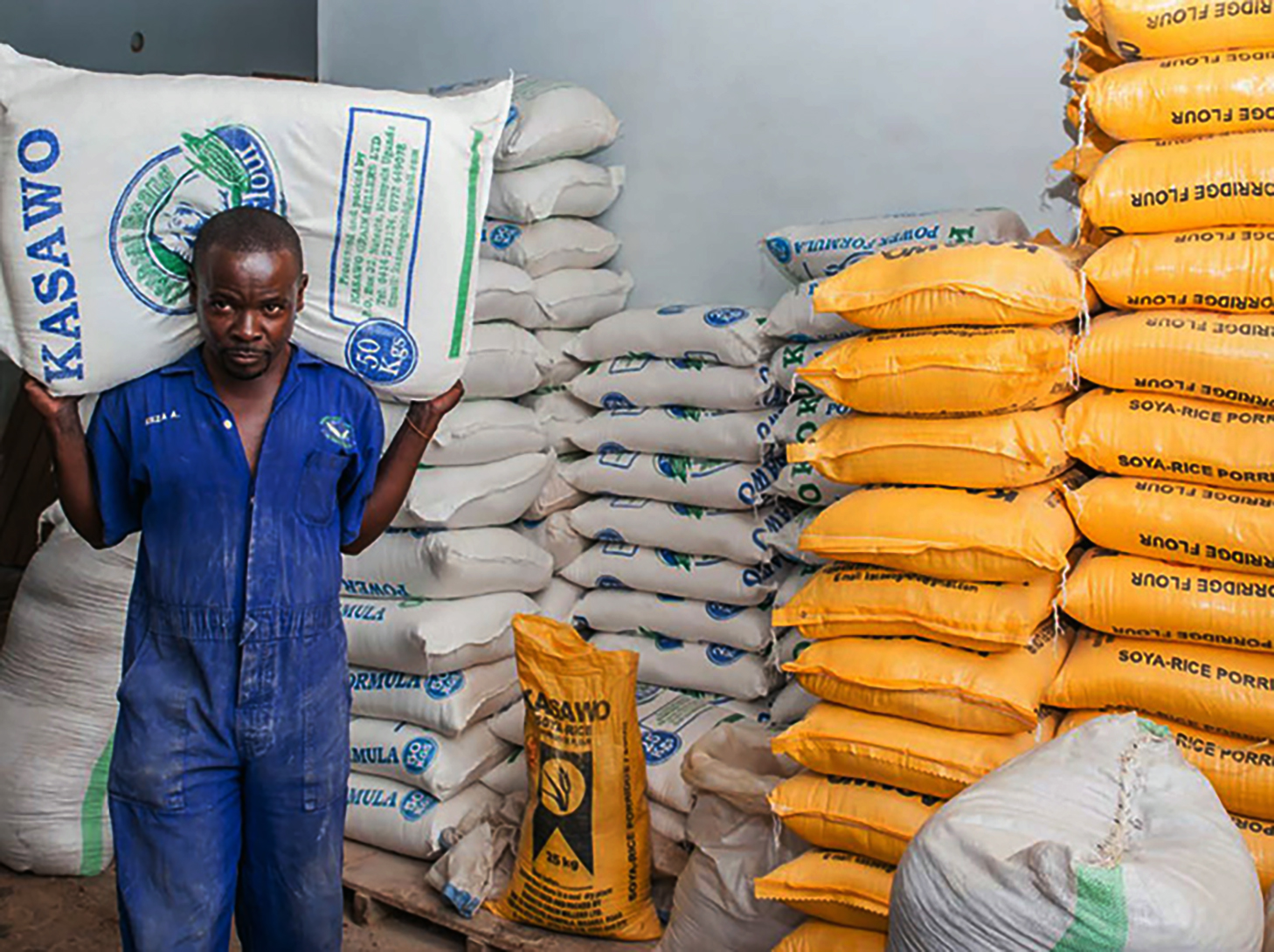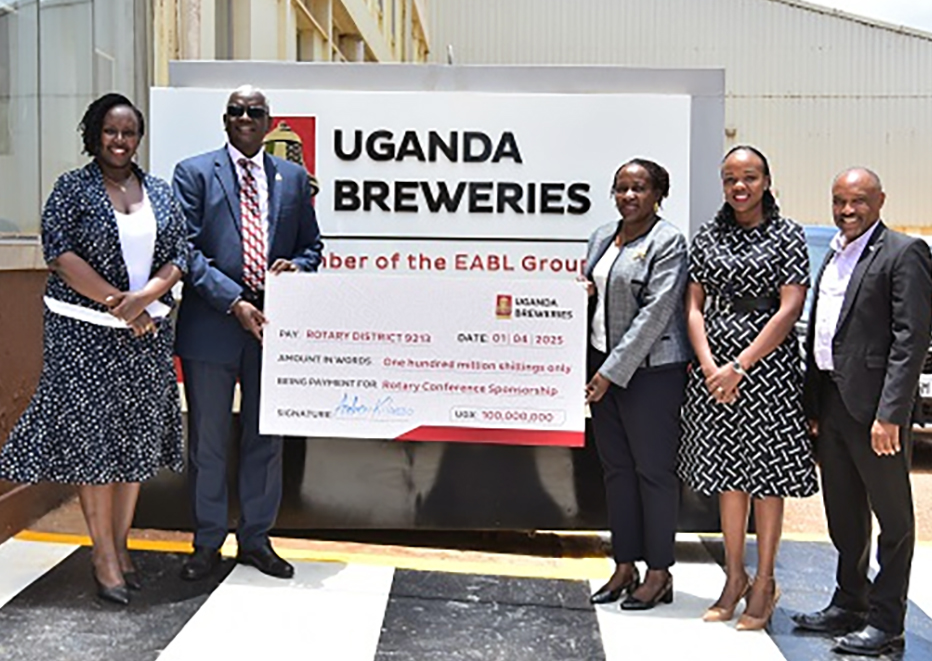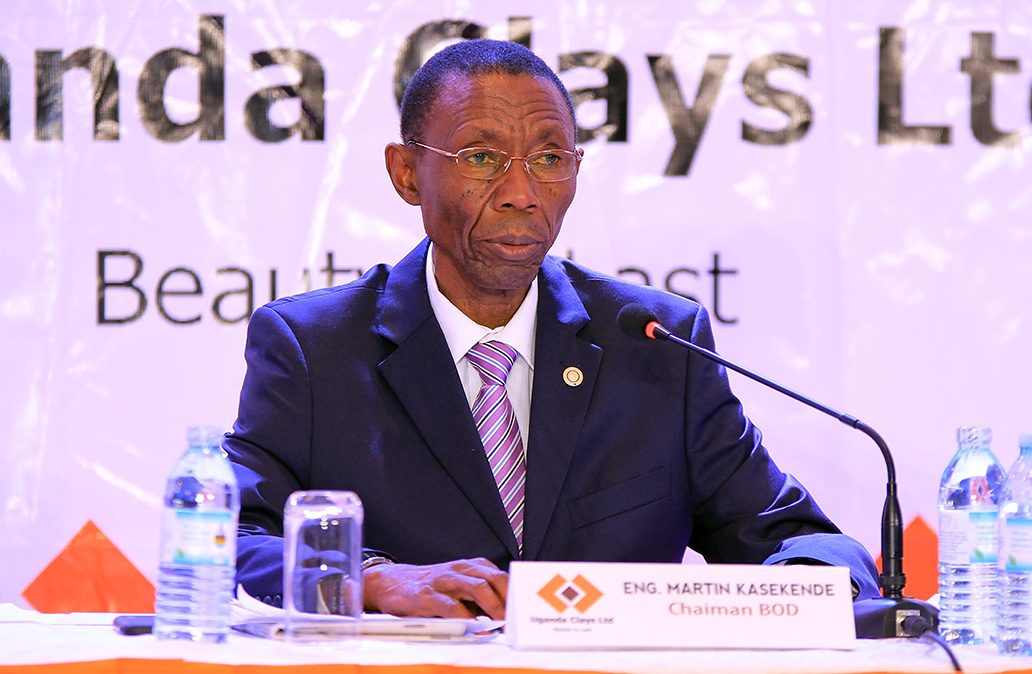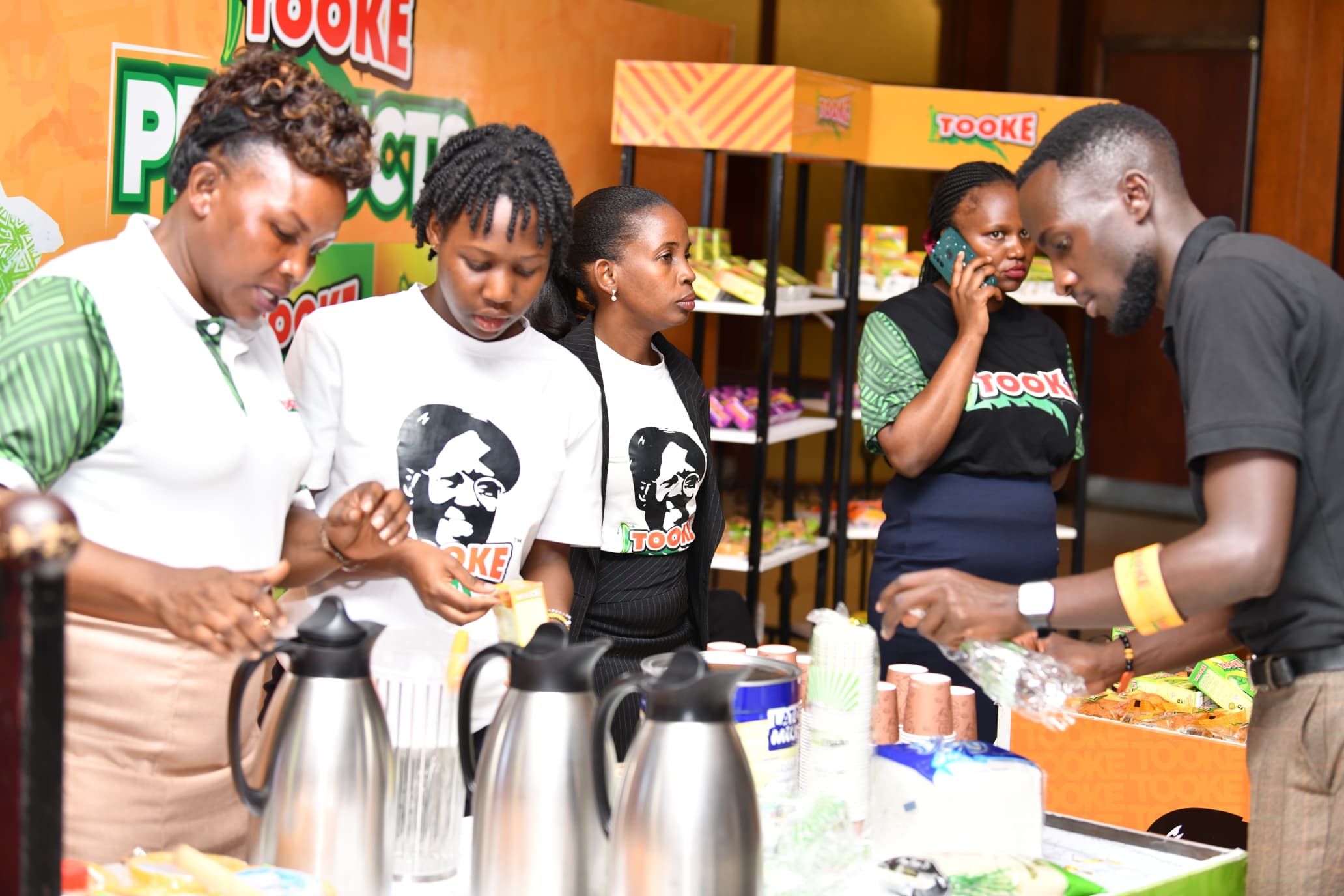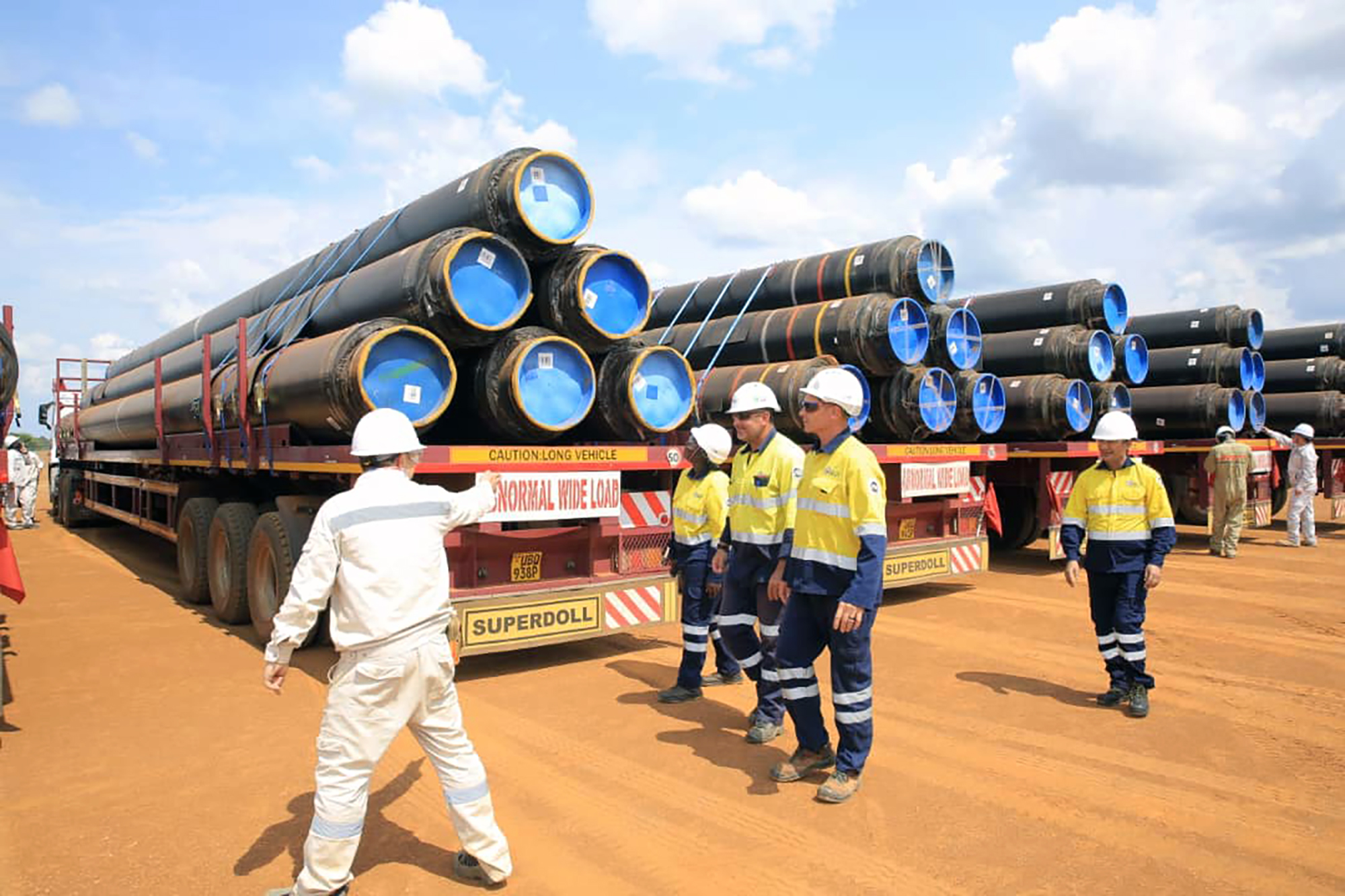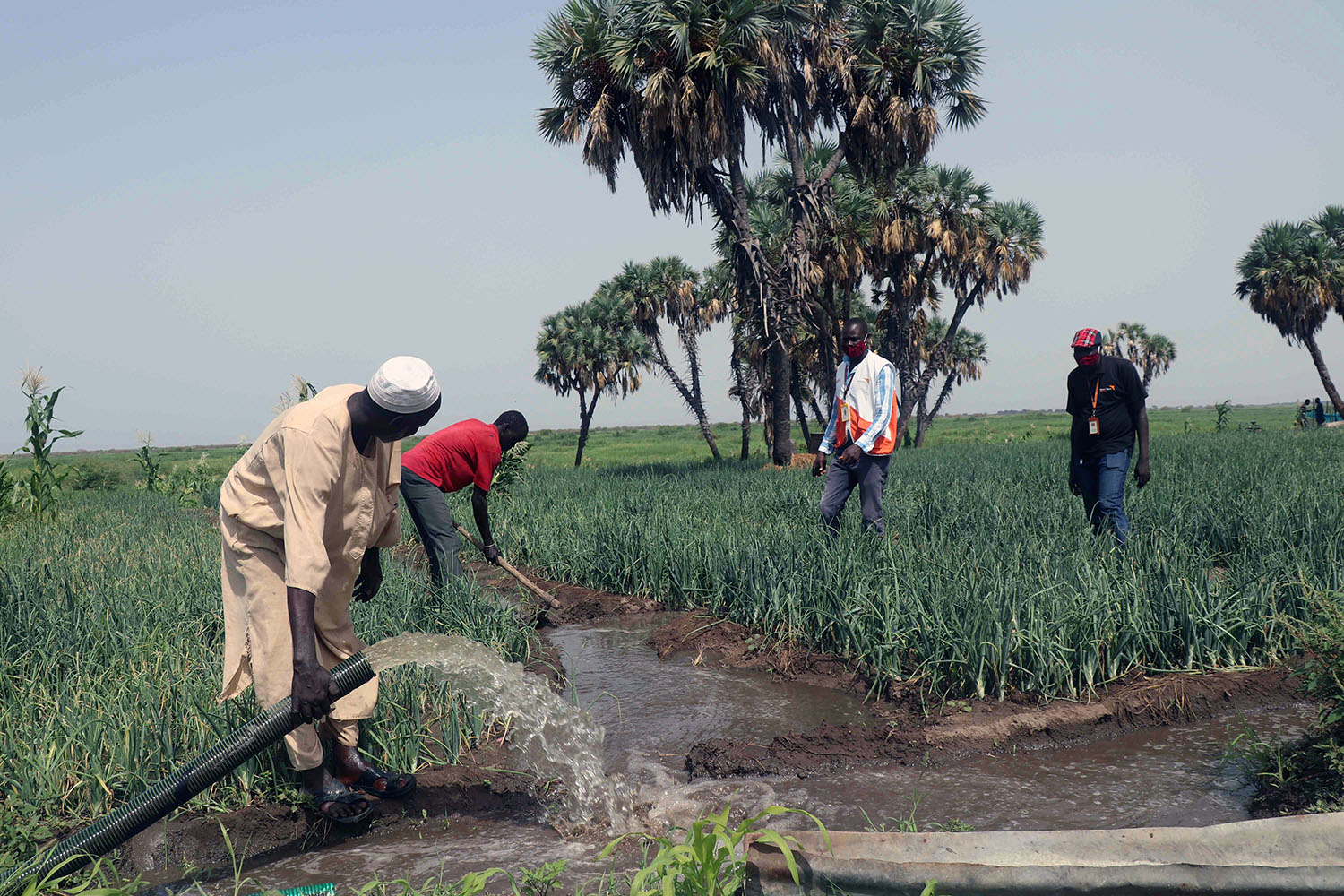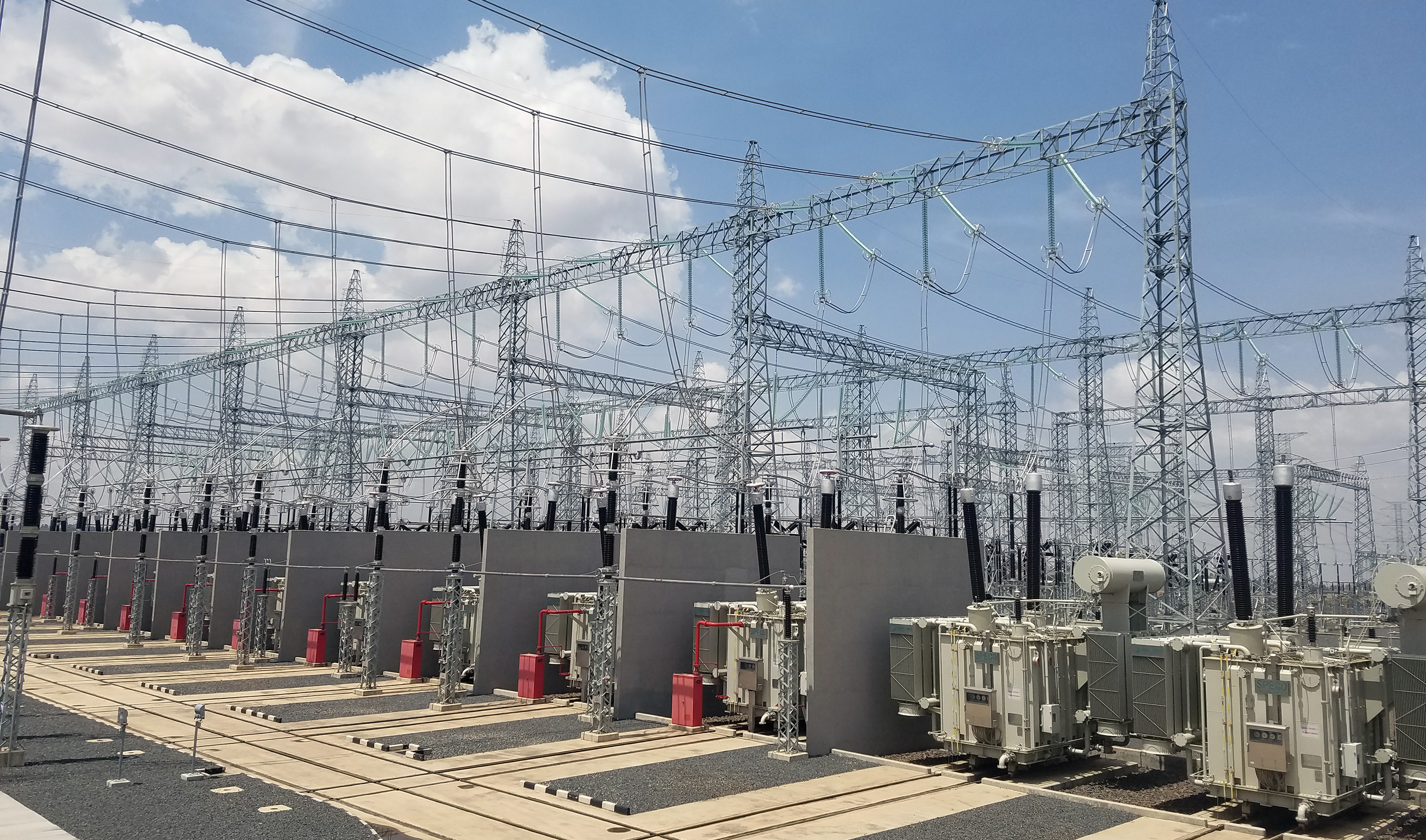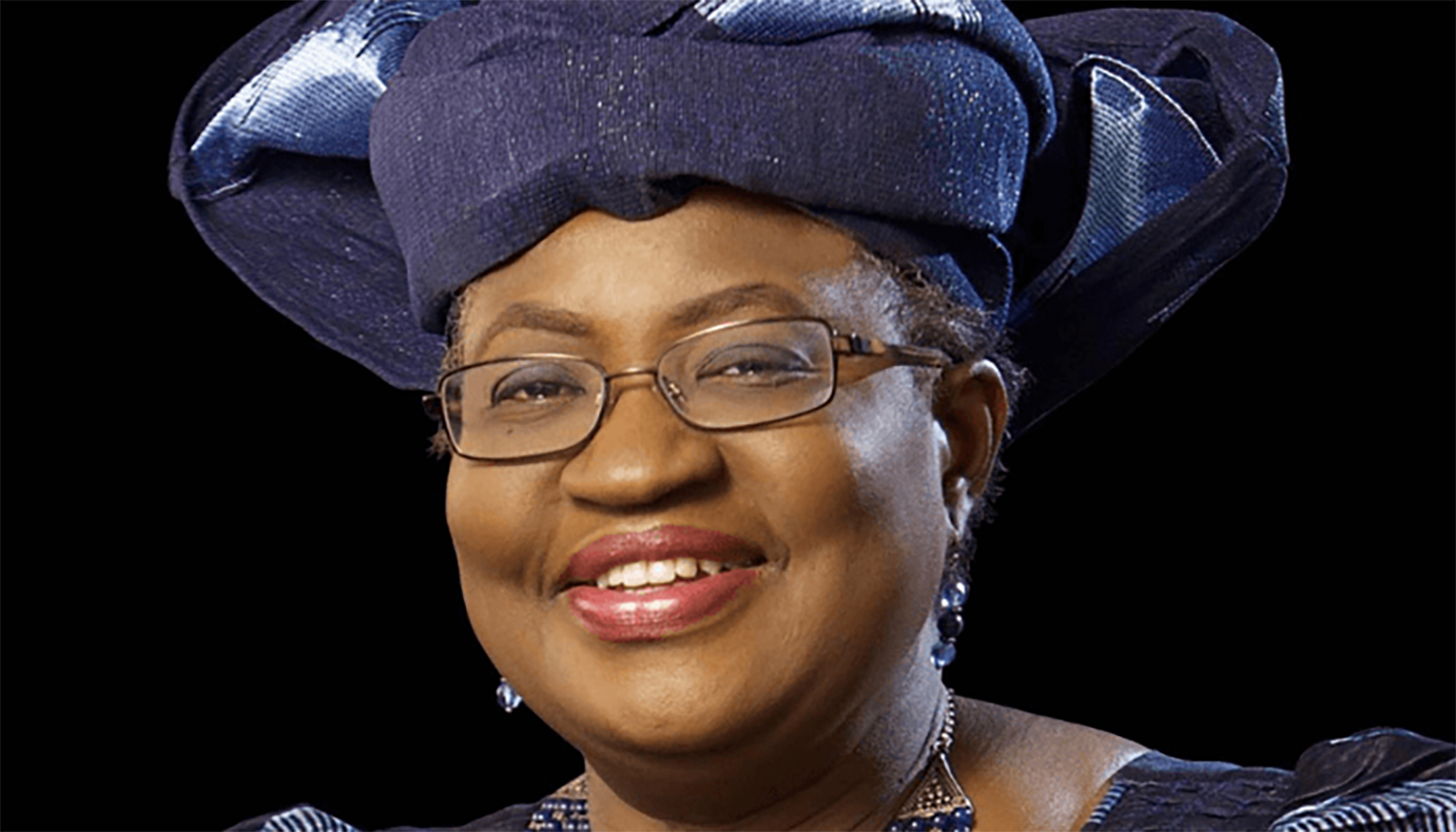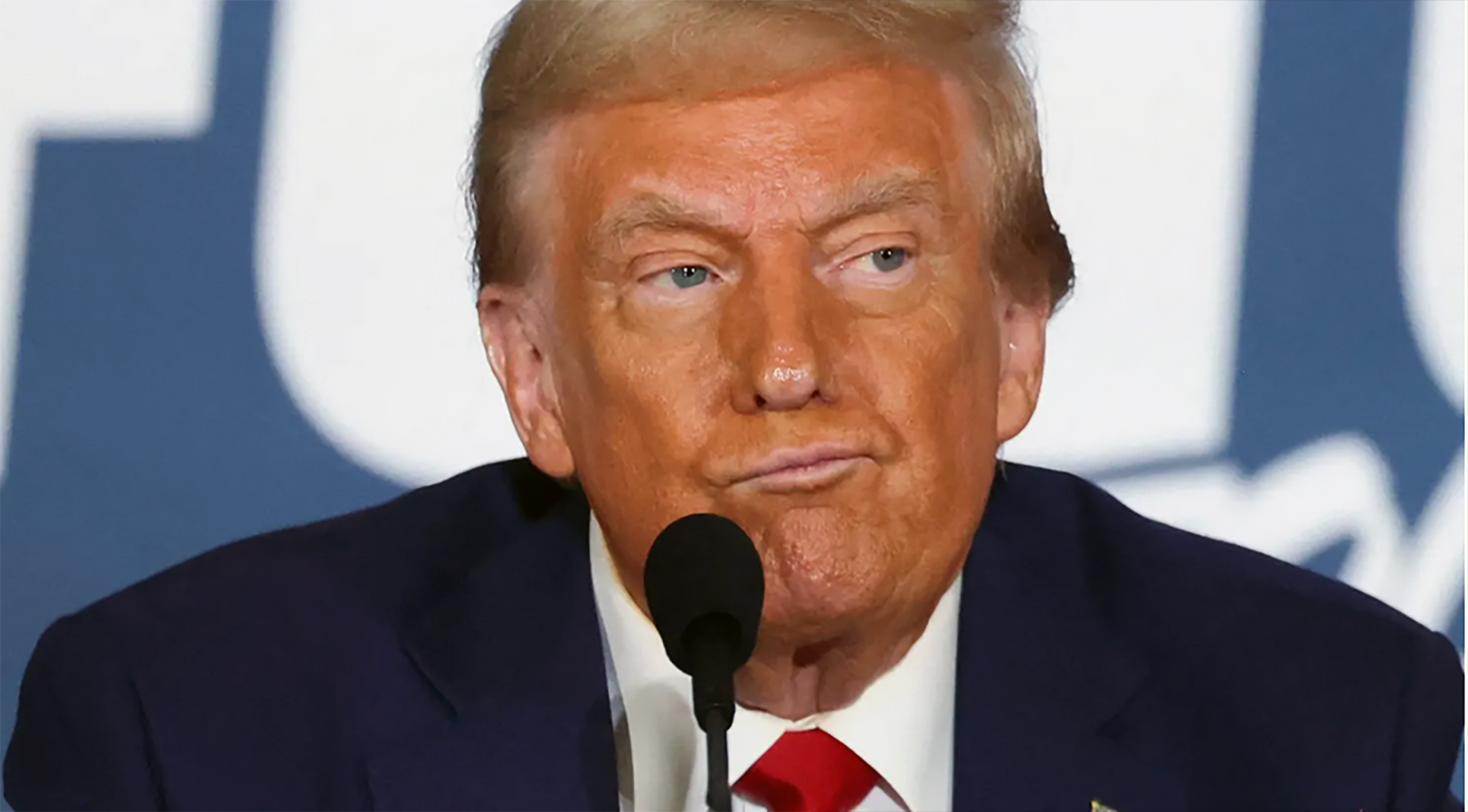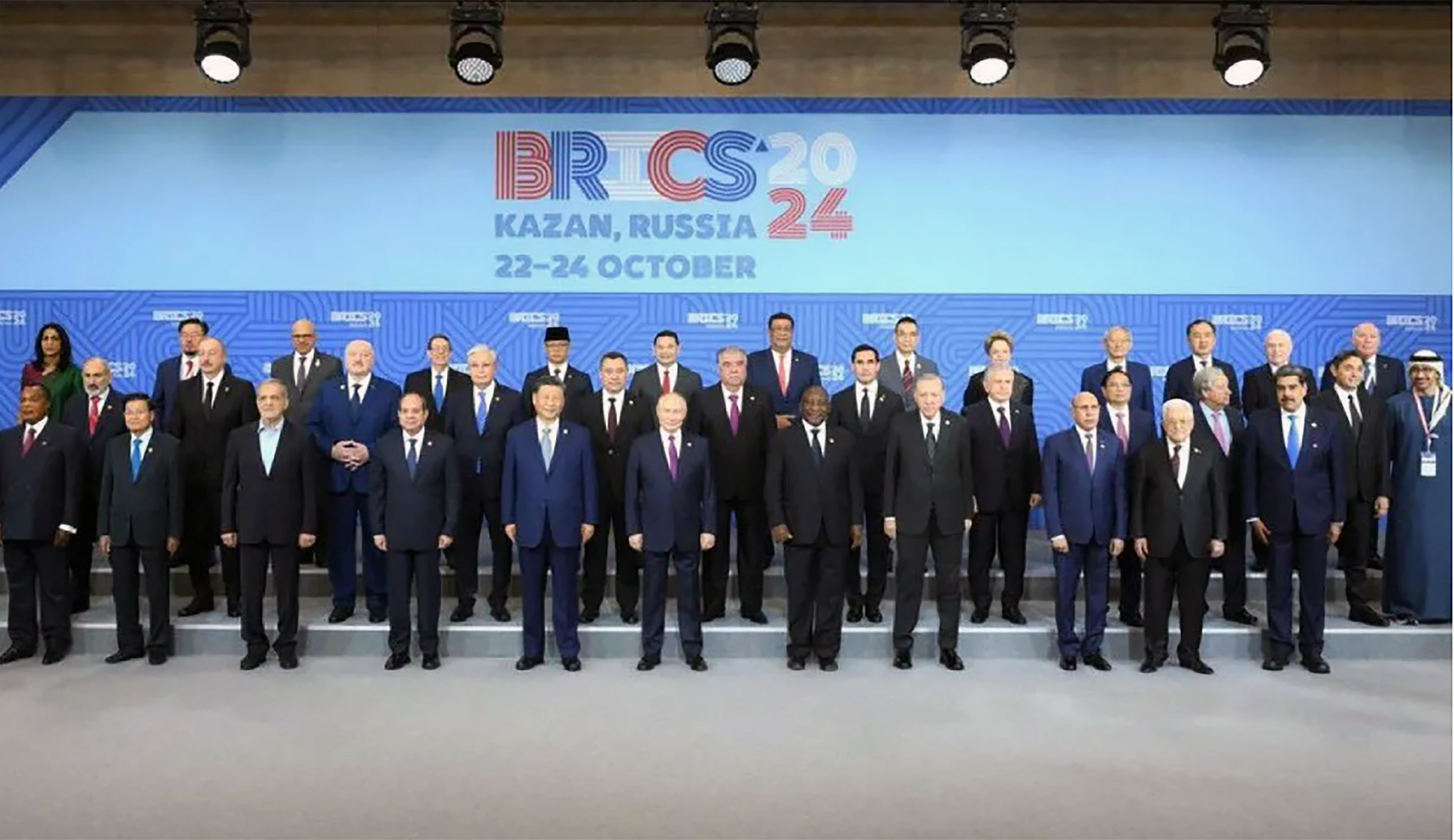Museveni woos high-value Egyptian investors to Uganda

President Museveni listens to a speech at the Summit. PPU PHOTO
President Yoweri Kaguta Museveni has called on Egyptian investors to channel capital and entrepreneurship opportunities into Uganda, saying the two countries can transform their centuries-old River Nile connection into a powerful engine for economic growth.
Gen. Museveni was in Cairo, Egypt on a three-day working state visit at the invitation of his host and counterpart, H.E. Abdel Fattah El-Sisi, according to a press release from State House.
First to meet the President were Mr. Tamer Shafik and Mr. Gamal Farid of Orascom Construction, one of the largest construction companies in Africa and the Middle East. They presented proposals to ease traffic congestion in Kampala through modern transport systems, including light rail, elevated mono-rail, and underground metro lines.
- “You are most welcome. Come to Uganda and we will discuss,” he told the delegation. “We are losing a lot of money in fuel in traffic without moving and poisoning the environment. The impact is not good, damaging the roads,” the President added.
Museveni also met Mr. Mohamed Mohamed Khalil El-Tahan, Chairman of El-Tahan International Food Industries, who praised Uganda as the safest country in East Africa.
His company, which produces cheese in Mbarara for export to the Middle East, Europe, and the USA, is interested in returning to expand operations and introduce new hot cheese products. He also proposed developing an agricultural and industrial city.
- Speaking at the Egypt–Uganda Business Forum in Cairo alongside his host, H.E Abdel Fattah El-Sisi, President Museveni declared that his visit was driven by one overriding mission: attracting wealth.
 President Museveni speaks to a delegation of Egyptian investors during his visit to Cairo.
President Museveni speaks to a delegation of Egyptian investors during his visit to Cairo. The Egypt–Uganda Business Forum attracted about 200 participants under the theme: Strengthening Trade and Investment Cooperation between Uganda and Egypt. The high-level forum focused on Business-to-Business (B2B) engagements, Business-to-Government (B2G) dialogues, and the promotion of joint ventures and strategic partnerships.
“I could not come to Egypt without seeking wealth. Egypt and Uganda are linked by the Nile since time immemorial, but our trade is still too small, only $133 million. That does not match our relationship. What we lack, and what Egypt can help us get, is capital and entrepreneurship,” President Museveni said.
He explained that capital could come directly from Egyptian sources or through Egypt’s global networks, with the goal of injecting investment and business acumen into Uganda’s rapidly expanding economy.
The President highlighted Uganda’s economic progress, noting its recent move into the low middle-income bracket. “We are no longer among the least developed countries,” he said. “Our economic growth is the result of careful packaging of philosophy, ideology and the economy, but we need reinforcement. Just as investors from India and China have helped us, Egypt too can join in and benefit.”
- He reminded business leaders of the basics of production — land, labour, capital, and entrepreneurship — noting that Uganda has abundant natural resources, fertile soils, fresh water, minerals, fisheries, and a growing labour force of 46 million people, projected to more than double in the next 25 years.
- President Museveni stressed that production without a ready market leads to failure, recalling how Japan initially ignored Uganda’s offer to assemble vehicles locally, only for Uganda to now manufacture its own vehicles with imported lithium batteries. He underscored the importance of market access, linking it to Africa’s need for unity and integration.
President Museveni also thanked President El-Sisi for agreeing to establish a foot-and-mouth disease vaccine factory in Uganda.
President El-Sisi reaffirmed Egypt’s commitment to deepening trade and investment ties with Uganda, describing Uganda as a main partner in the Nile Basin.
Egypt’s Minister of Investment and Foreign Trade, Hassan El Khatib, echoed this, citing shared visions for prosperity and cooperation in agriculture, transformational industries, and infrastructure.



.jpg)
